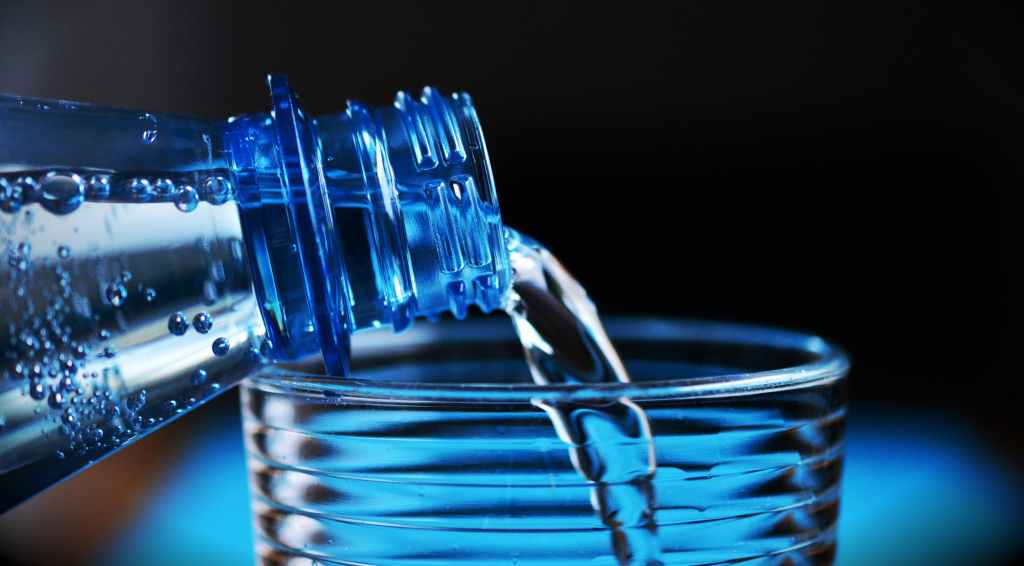The Hydration Guide is an important tool for staying healthy and active. It provides valuable information on the amount of water needed to keep the body hydrated, and it outlines the benefits of proper hydration. The guide also includes tips to help people identify when they are dehydrated and how to prevent dehydration in the future. By following the recommendations in the guide, individuals can ensure their bodies stay properly hydrated, which can help them maintain a healthy lifestyle and avoid health-related problems from inadequate hydration.

- The importance of hydration for overall health and wellbeing
- Signs of dehydration to watch out for
- What counts as water intake
- How much should you be drinking each day
- Easy ways to incorporate more water into your routine
- Benefits of drinking enough water each day
- Tips for getting your family on board with a healthier hydration lifestyle
- The role of water in exercise performance and recovery
- Debunking common myths about hydration
- Importance of staying hydrated for overall health and wellbeing
Staying hydrated is crucial for maintaining good health and overall well-being. Our bodies are made up of 60% water, and every cell, tissue, and organ requires adequate hydration to function properly. Water plays a vital role in various bodily functions, including regulating body temperature, transporting nutrients and oxygen to cells, flushing out waste and toxins, and lubricating joints.

Dehydration occurs when the body loses more water than it takes in. Even mild dehydration can cause fatigue, headaches, dizziness, and difficulty concentrating. Long-term dehydration can lead to serious health problems such as kidney stones, urinary tract infections, and even kidney failure. Therefore, it is essential to stay properly hydrated throughout the day.
Signs of dehydration include feeling thirsty, dry mouth or lips, dark-colored urine, fatigue, muscle cramps, and lightheadedness. If you experience any of these symptoms, it’s important to rehydrate immediately by drinking water or other hydrating fluids.
But what counts as water intake? It’s not just about drinking plain water; other beverages and foods also contribute to our daily water intake. For example, milk, juice, and herbal teas contain a significant amount of water. Fruits and vegetables such as watermelon, cucumbers, celery, and lettuce are high in water content. These can all count towards your daily water intake.
One common myth about hydration is that you only need to drink water when you’re thirsty. However, by the time you feel thirsty, your body is already dehydrated. It’s essential to drink water regularly throughout the day, even when you don’t feel thirsty.
Another misconception is that caffeinated beverages such as coffee and tea can cause dehydration. While caffeine is a mild diuretic, studies have shown that the hydration benefits of drinking caffeinated beverages outweigh any potential loss of fluids. However, it’s important to limit your intake of sugary drinks and alcohol as they can contribute to dehydration.
Staying hydrated also becomes more crucial during physical activity or in hot weather when our bodies lose water through sweat. It’s essential to drink water before, during, and after exercise to replenish lost fluids. Sports drinks can also be a good option for longer, more intense workouts as they contain electrolytes that help maintain hydration levels.
In addition to physical benefits, staying hydrated also has positive effects on our mental health. Dehydration can lead to fatigue, irritability, and difficulty concentrating. By staying well hydrated, we can improve our mood, increase energy levels, and promote better cognitive functioning.
It’s important to note that our daily water needs may vary depending on factors such as age, weight, activity level, and climate. The general recommendation is to drink eight glasses of water per day or at least half your body weight in ounces. However, it’s always best to listen to your body and drink water when you feel thirsty.
Incorporating other hydrating foods and beverages into our diet can also help us stay hydrated. Fruits and vegetables, such as watermelon, strawberries, cucumbers, and celery are not only refreshing but also high in water content. Herbal teas and infused waters can also be a tasty alternative to plain water.

Natural crystals found in water play a vital role in promoting our overall health and well-being. These crystals contain essential minerals like calcium, potassium, and magnesium that are necessary for numerous biochemical reactions in our body. Calcium supports healthy bones and teeth, potassium contributes to cardiovascular health, and magnesium aids nerve function. Additionally, the presence of natural crystals in water helps maintain our body’s pH balance, improves hydration, and enhances the taste of water. Incorporating water with natural crystals into our daily routine can easily supplement our intake of these essential nutrients.

